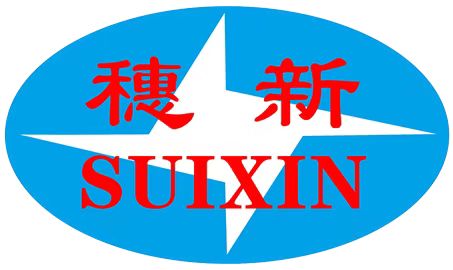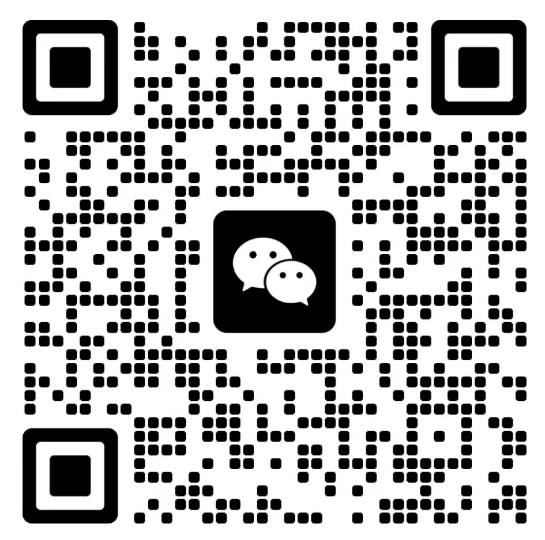Necessary Declaration Items for Plastic Granules Import into China:
Product name;
Physical appearance;
Component composition;
Monomer unit types & proportions;
Brand name;
Model number;
Contract signing date;
Processing/modification method;
Primary end use;
Waste plastic status (must declare "waste plastic" or "non-waste plastic");
If waste plastic, clearly state the source;
Plastic Granules Categories & Applications:
Engineering Plastics: POM, PC, PMMA, PBT, PA66, PA9T, PC/ABS, PA6, PA12, PA46, PA11, PPS, PPA, PPO, LCP, PEEK, TPU, PET, POE, EVA, COC, PEI, TPX (used in automotive, electronics, and industrial parts).
General Plastics: AS, HIPS, LLDPE, ABS, HDPE, GPPS, PP, LDPE, PC, PET, PVC (common in packaging, consumer goods, and construction).
Our Service Options: Express Customs Clearance, Air Freight Door-to-Door, Air/Sea Freight Import Clearance, Bulk Cargo Arrival Handling.
Sea Freight Import Agency Steps: Sign Import Agreement → Consignee Prepares Docs → Document Exchange → Inspection Declaration → Customs Filing → Cargo Handover → Container Pickup → Goods Collection
Required Import Documents:
The consignee provides a full set of import documents to the freight forwarder. The forwarder verifies the shipping company, handling agent, and where to exchange the delivery order (small bill of lading).
Key documents include: Endorsed original bill of lading (or telex release copy), packing list, commercial invoice, and sales contract (for general trade).
The freight forwarder pre-confirms container yard fees: pickup, unpacking, loading, and empty container return costs.
The freight forwarder confirms the vessel’s arrival time/location with the assigned shipping agent or carrier. If transshipment is needed, the second-voyage vessel name must be verified.
Exchange the delivery order (small B/L) from the carrier/agent using either an endorsed original bill of lading or a telex release (with fax + guarantee letter). Note: Endorsement rules: A. If the B/L lists "booker" as consignee, the shipper must endorse it. B. If the B/L names the actual consignee, they handle endorsement.
Customs clearance is handled by the consignee’s designated foreign trade company.
Required clearance documents: Endorsed B/L (or telex release), packing list, invoice, contract, and delivery order.
Customs Requirements:
a. Technical Inspection: Determined by documentation and goods type.
b. Random Checks: Mandatory for all imports—computers select goods post-release for inspection.
A. Standard Clearance Time: Within 1 business day
B. Special Goods: 2–3 business days
C. Inspection: As required (adds 1–2 days)
Note: Most terminals offer 7 days of free storage for imported goods.


 One-to-One Service
One-to-One Service Fast Turnaround Cycle
Fast Turnaround Cycle Two Decades of Import & Export Experience
Two Decades of Import & Export Experience Numerous Successful Cases
Numerous Successful Cases
 Online Consultation
Online Consultation